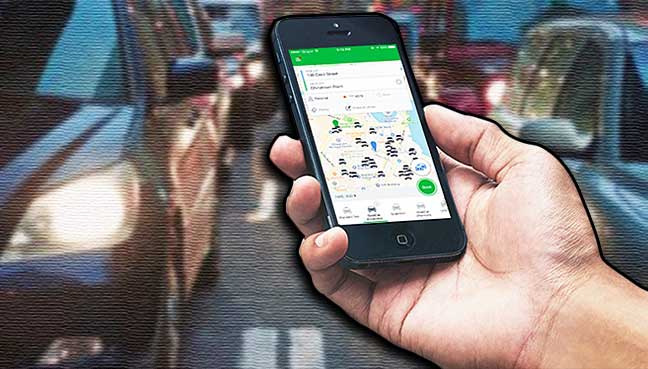The mushrooming of taxi apps is cannibalising an already small market, with each getting no more than 1% of overall market share on average.
COMMENT
 By YS Chan
By YS Chan
ZeptoBlue, Riding Pink and Oride make great names for entertainment spots, and likewise PICKnGO, 2GO and MOVE for logistics companies.
The names Unicablink, EzCab, Mesra Cab, CAB2Klia and Airport2u show that these operators are interested in securing trips to the airport.
Easy Taxi, iTeksi, Jomtaxi and TaxiMonger are obviously taxi apps, and so are the 11 names stated earlier.
Anyone conducting a survey can easily discover that more than 80% of passengers using a mobile app to book a ride would opt for Uber or Grab, rather than taxis, simply because private car charges are lower than regulated taxi fares.
As such, the mushrooming of taxi apps has only cannibalised an already small market, with each taxi app getting no more than 1% of the overall market share on average, if 20 are competing for the same customers.
We are witnessing history repeating itself. In the past, the proliferation of radio taxi companies backfired when service was often paralysed. The more popular operators were always short of cabs during peak periods, while other radio taxis remained idle.
If there was only one number to reach all cab drivers, radio taxi services would have been superb. Similarly, if all taxi apps were combined into one, the service would have benefitted both drivers and passengers tremendously.
Every new taxi app rolled out has been touted as state-of-the-art, and there is no doubt technology keeps getting better.
But the reality remains that customers are price conscious and place service as secondary in their list of priorities, as drivers using apps provide more or less the same standard of service. They are less risky than those picking up passengers through street-hailing.
Therefore the key to attracting customers is to charge lower than regulated fares, as Uber and Grab are doing using private cars.
But these two transportation network companies have deep pockets and are able to subsidise their drivers by offering incentives. On the other hand, taxi apps have to make some money from drivers in order to sustain their operations.
The traditional way of doing business, although ethical and noble, is no match for the business models adopted by Uber and Grab, as their cash flow is not dependent on revenue but on speculative investors gearing for a future windfall.
It is a matter of time before taxi apps start dropping like flies, and suffer the same fate as radio taxi companies.
YS Chan is an FMT reader.
No comments:
Post a Comment
Note: Only a member of this blog may post a comment.